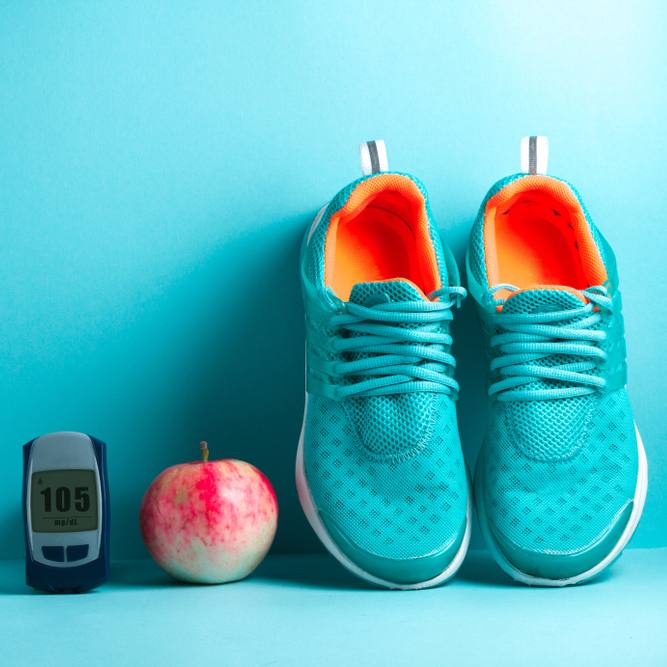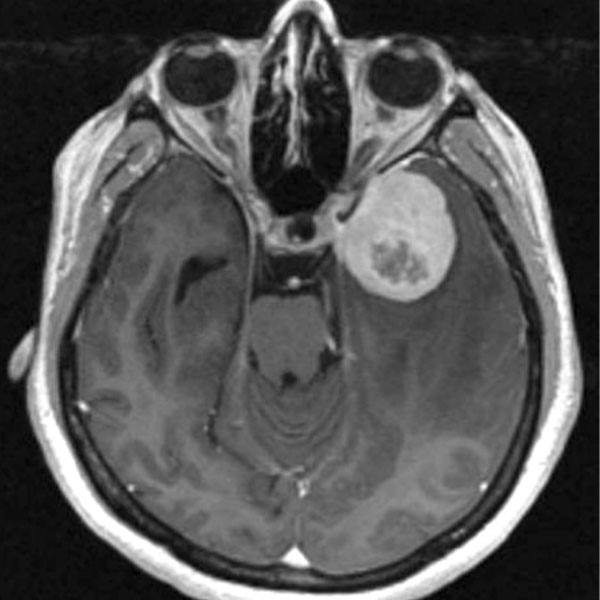-
Mayo Clinic Q and A: New treatment for hard-to-treat depression

DEAR MAYO CLINIC: How is the new nasal spray for depression different than other drugs used to treat depression? How do doctors determine who is a good candidate for this new kind of antidepressant?
ANSWER: This medication, called esketamine, is a fast-acting antidepressant recently approved by the Food and Drug Administration that can be used for hard-to-treat depression. It’s intended for adults who have previously received at least two other antidepressant treatments that did not adequately control their symptoms.
Esketamine is a step forward in therapy for treatment-resistant depression because it works within the brain in a different way than other antidepressants. The most commonly prescribed antidepressants, called selective serotonin reuptake inhibitors, or SSRIs, have an effect on the brain’s serotonergic system. They ease depression by increasing levels of serotonin — chemical messengers that carry signals between brain cells. SSRIs block the reabsorption, or reuptake, of serotonin, making more serotonin available in the brain.
The antidepressant esketamine affects a different system within the brain: the glutamatergic system, which is important for processing information. People with depression often don’t have as many connections, or synapses, between brain cells, which may contribute to an increase in symptoms of depression. Esketamine helps create more of those connections between the brain cells. That may ease symptoms of depression. Esketamine also has been shown to decrease suicidal thoughts and tendencies more effectively and more quickly than other antidepressants.
Esketamine is given as a nasal spray, which allows it to enter the bloodstream and be delivered to the brain much faster than is possible with a pill or other form of oral medication. That swift delivery of the medication to the brain results in depression symptoms beginning to ease within several hours, and many people report feeling significant relief within one day.
A drawback to this medication is that, at this time, it can only be administered in a clinical setting under the supervision of a health care provider. That’s primarily because it’s classified as a Schedule III drug, which means it has potential for patients to become addicted to it.
Also, research still is needed to determine how long a person can take esketamine safely. Right now, standard dosing involves taking the medication twice a week for about four weeks, then switching to once a week for another four weeks, and then tapering off of it. The long-term effectiveness of esketamine is unclear, and long-term side effects are not yet well understood.
A number of short-term side effects of esketamine have been reported. They include blurred vision, dizziness, drowsiness, nausea, vomiting, confusion about identity or time and place, and a sense of detachment or disassociation from one’s self or body.
Esketamine is intended for adults who have tried at least two other antidepressant medication therapies in adequate doses and for an appropriate amount of time without a decrease in symptoms. This medication is not approved for children or teens.
Although more study is necessary to fully understand how esketamine works and how long it can be used, its development is significant. It is the only fast-acting FDA-approved antidepressant available for hard-to-treat depression that works to ease depression symptoms, as well as suicidal thoughts and tendencies. For the right type of patient, there is great promise that esketamine can offer help for depression and lower the risk of suicide where other treatment options have failed. — Dr. Jennifer Vande Voort, Psychiatry and Psychology, Mayo Clinic, Rochester, Minnesota
****************************
Related Articles
- Home Remedies: Can fish oil supplements treat depression? published 6/19/19
- Mayo Clinic Minute: How esketamine can help severe depression published 5/7/19
- Mayo Clinic Q and A: Depression in older adults published 5/3/19
- Mayo Clinic Minute: Know the differences between adult and teen depression published 4/30/19
- Mayo Clinic Minute: Is a rise in teen depression linked to technology, social media? published 4/1/19
- Women’s Wellness: Understanding the depression gender gap published 1/31/19
- Does caffeine make depression worse? published 9/20/18
- Mayo Clinic Q and A: Transcranial magnetic stimulation may ease depression symptoms published 9/18/18







